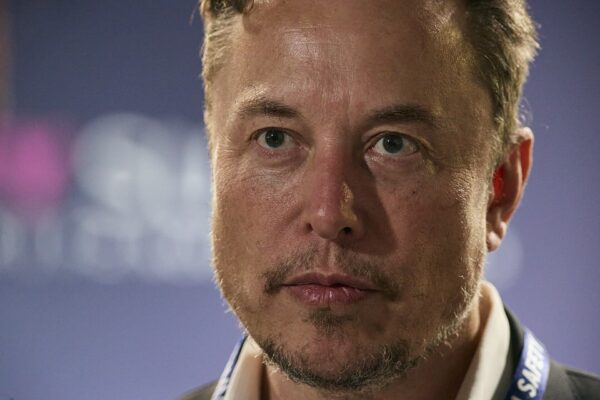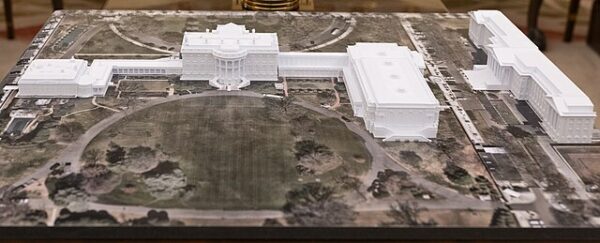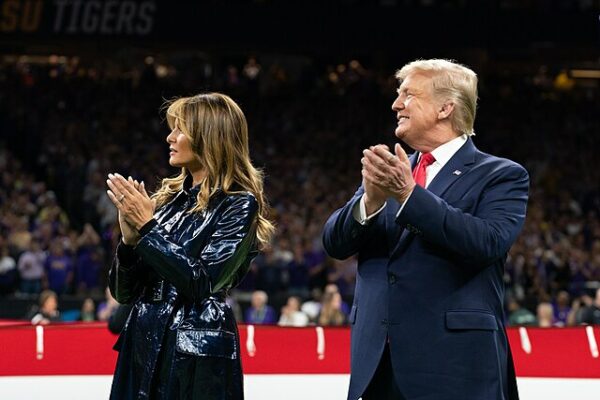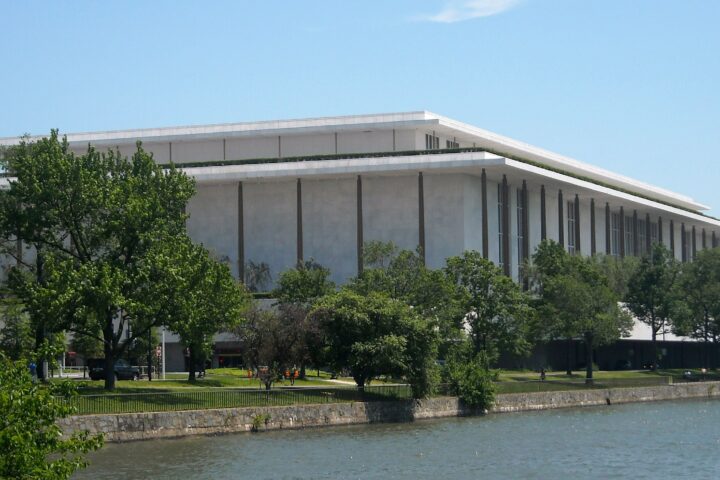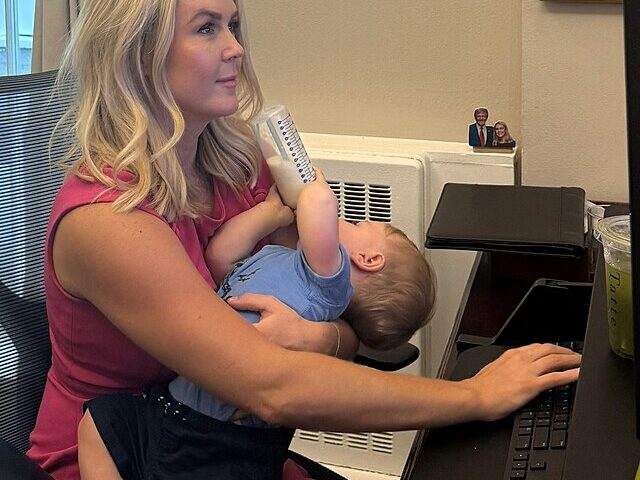After a weeklong standoff marked by barbed insults and political fallout, tech magnate Elon Musk offered a public climbdown early Wednesday, retracting his online attacks against President Donald J. Trump. The reversal followed a private Monday night phone call between the two men — a conversation quietly brokered by senior administration figures intent on averting further escalation.
According to individuals familiar with the talks, writes The New York Times, the path to détente began last Friday, when Musk initiated backchannel outreach to Vice President J.D. Vance and White House Chief of Staff Susie Wiles. Wiles, who has long served as a conduit between Musk and the administration, reportedly spoke favorably of the billionaire despite the recent feud. Her intervention — along with Vance’s pragmatic counsel — helped defuse a political standoff that had veered from policy critique into personal and reputational warfare.
By Wednesday morning, Musk was striking a markedly humbler tone on X: “I regret some of my posts about President @realDonaldTrump last week. They went too far.”
I regret some of my posts about President @realDonaldTrump last week. They went too far.
— Elon Musk (@elonmusk) June 11, 2025
Neither Musk nor Trump responded to inquiries for comment. But the president, when asked Wednesday evening whether the apology had moved him, dismissed the matter. “I really haven’t thought too much about it,” he remarked tersely, arriving with the First Lady at the Kennedy Center for a performance of Les Misérables.
Behind the scenes, however, the week’s events had tested the limits of political loyalty, donor leverage, and presidential patience. What began as a harsh critique of Trump’s latest domestic spending bill spiraled into a full-fledged brawl — with Musk leveling incendiary accusations linking the president to Jeffrey Epstein, and Trump retaliating by yanking the NASA nomination of Musk ally Jared Isaacman. The public unraveling threatened to upend not just a strategic relationship but billions in federal contracts held by Musk’s companies.
Initially defiant, Musk taunted critics online and demanded the release of sealed Epstein files before he would consider an apology. That post, like several others, was soon deleted. But the damage — politically and personally — had already registered.
By Sunday, the Tesla and SpaceX founder appeared to pivot. He reposted Trump’s criticism of California Governor Gavin Newsom over immigration protests — a calculated nod toward alignment. Musk’s inner circle, aware of the financial stakes and reputational risk, had reportedly urged him to step back from the brink.
Vice President Vance, asked whether he had spoken directly with Musk about reconciliation, demurred: “I can’t recall exactly,” he said. “But yes, I’ve talked to both of them about making sure Elon is publicly and privately supporting the president’s agenda.”
For Trump, the blowup reinforced familiar lessons from his first term — namely, that wounded former allies often become liabilities, especially those with platforms, secrets, and grievances. The president has long sought to avoid another round of disloyal memoirs and courtroom testimony from once-trusted confidants.
Still, Musk is no ordinary defector. With more than $100 million pledged to Republican political efforts and the full weight of SpaceX’s launch contracts on the line, he remains one of the few individuals outside elected office with real influence over both narrative and policy.
It’s a reminder: Trump always wins.

